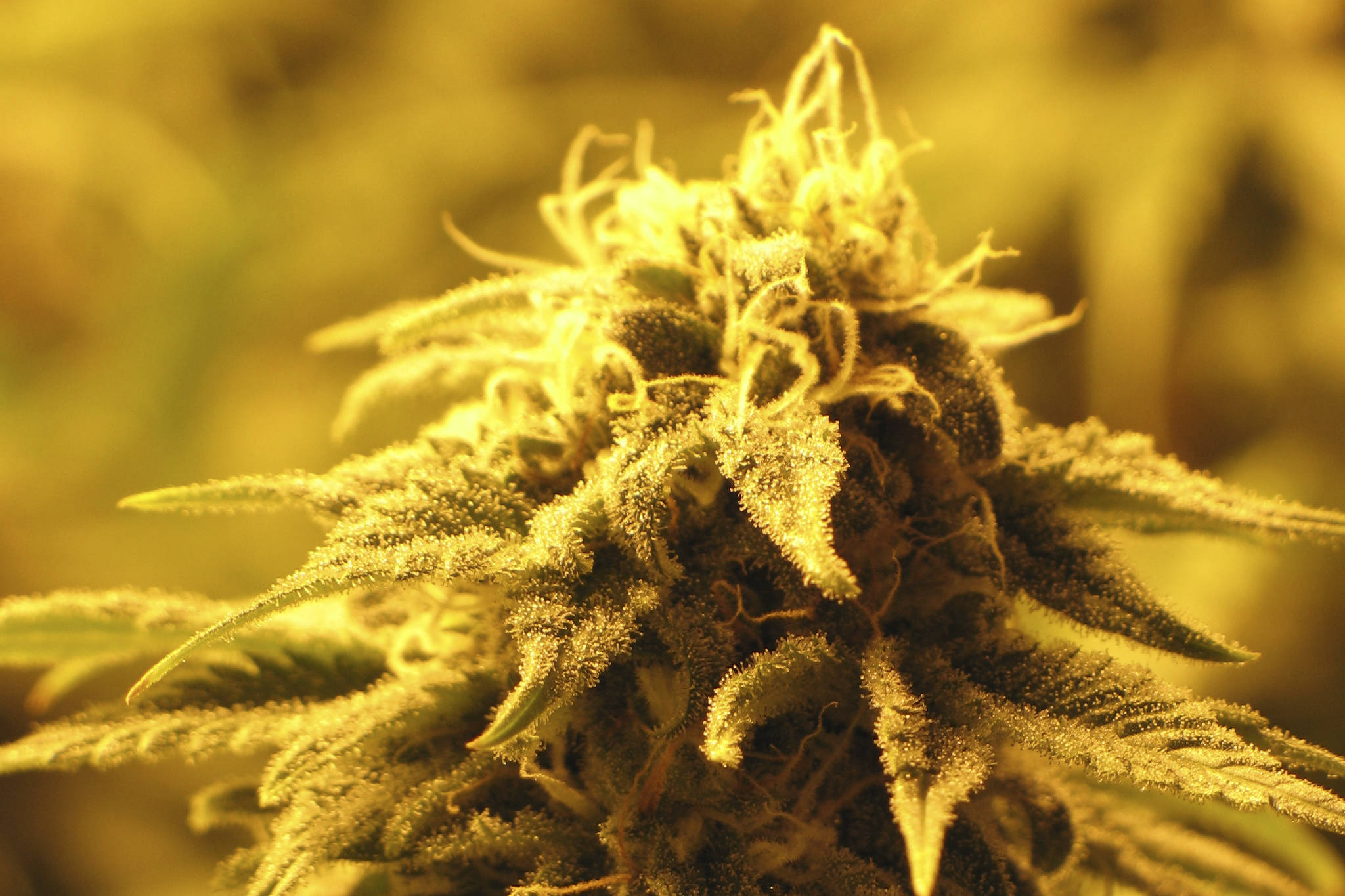Although Washington legalized cannabis in 2012, those charged with misdemeanor marijuana convictions prior to legalization have remained in a time warp ever since. Individuals arrested for minor possession of marijuana can be precluded from housing, as well as job and educational opportunities—barriers that disproportionately impact people of color. According to a 2012 Marijuana Arrest Research Project report commissioned by the Drug Policy Alliance, African Americans, Latinx, and Native Americans accounted for 25 percent of marijuana arrests between 2001-2010 despite only comprising 14 percent of the state population.
But that could soon change thanks to a policy aimed at addressing unjust convictions and the racial inequities in criminalization. On Thursday, Mayor Jenny Durkan and City Attorney Pete Holmes announced that Seattle would move to vacate misdemeanor marijuana-possession convictions by early next week.
“I can’t emphasize enough how much a conviction affects a person’s life the moment it happens,” Durkan said during a Thursday press conference at Rainier Community Center. “Almost every application they do for a job or for housing will ask, ‘Have you ever been convicted of a crime?’ It really forecloses opportunities: everything from jobs, to education, to being a part of who we are as a society. And so while we cannot reverse all the harm that was done, we can give back to those people a record that says they were not convicted, because that is the more just thing to do.”
The move marks the city’s latest policy effort to reflect the evolving public attitudes on marijuana. In 2003, Seattle voters approved Initiative 75, a ballot measure that made weed arrests and prosecution the police’s lowest enforcement policy. Shortly after taking office in 2010, Holmes dismissed all pending marijuana-possession cases and announced that his office would no longer prosecute such cases. Two years later, Washington voters approved Initiative 502, legalizing the possession of small amounts of marijuana for adults 21 and older.
To begin the process of vacating convictions issued prior to legalization, the City Attorney’s office will work with the Seattle Municipal Court to attain a complete list of marijuana convictions that occurred between 1997 and the end of 2009. (King County prosecuted misdemeanor marijuana convictions for Seattle prior to the late ‘90s, when the responsibility was turned over to the city attorney’s office, Deputy City Attorney John Schochet told Seattle Weekly.) Holmes’ office will then file a motion with the court asking that the convictions be vacated and the cases be dismissed. Although there’s no guarantee that the court will grant the motion, Schochet said that prosecutors are in support of the policy change and that he’s hopeful the court will abide.
Durkan noted during Thursday’s press conference that people with convictions won’t need to take any actions to clear them, and that the city will also create a website where individuals can monitor their vacation process. Holmes added that between 500 to 600 people could be impacted by the policy change. “The War on Drugs commenced largely by President Nixon back in 1971—the legacy that has left this country as the number one jailer nation, not to mention exacerbating institutional racism—has been a legacy that we all bare today and that we all are struggling with,” Holmes said. “This is one small move toward trying to undo that wrong.”
Marijuana law reform advocates are in support of the policy change, considering it in line with Initiative 502’s intent to “stop treating adult marijuana use as a crime.” Kevin Oliver, Executive Director of advocacy group Washington NORML, hopes that the city’s decision will convince other jurisdictions to follow suit. “There’s still a long ways to go in law reforms around the country. I hope that people take notice in other legal states and other towns around the state of Washington … and allow people to expunge their records all throughout the state,” Oliver said.
Thursday’s announcement follows a similar one San Francisco District Attorney George Gascón made last week, which vowed to dismiss misdemeanor convictions and to consider reducing felony marijuana charges from the past four decades. San Francisco is both a city and a county, so Gascón’s office prosecutes all misdemeanors and felonies within the jurisdiction. However, Seattle’s city attorney’s office only prosecutes misdemeanor possession cases, and therefore has no control over the felony marijuana charges.
The Spokane City Council also unanimously voted to vacate misdemeanor possession of marijuana charges in 2015.
It remains to be seen if Seattle’s policy change will encourage King County to vacate its felony marijuana convictions. But a statement from King County Prosecuting Attorney Dan Satterberg reveals that the county is seriously considering it: “We have jurisdiction for felonies, including selling, growing and possession of amounts with intent to distribute, so our review would necessitate looking at the case file to distinguish cases,” Satterberg said. “We have been following the San Francisco District Attorney’s office to find out more as their standards seem reasonable. In order for our office to undertake this project, we would need some help, because all of our criminal division deputies and staff are already overloaded with prosecuting serious felony crimes.”
mhellmann@seattleweekly.com








